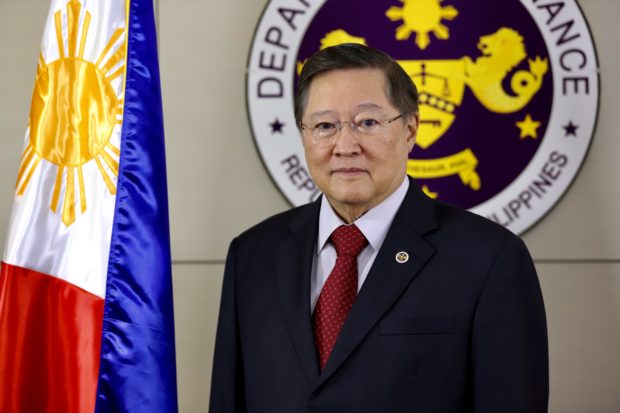PH wants to get a head start on ADB-led energy transition goal
State firm Power Sector Assets and Liabilities Management Corp. (Psalm) is looking at securing by the end of next year crucial funding to jump-start a mechanism that will help accelerate the country’s shift to clean energy.
The Psalm-owned 232-megawatt Mindanao Coal power plant in Misamis Oriental is among the first few facilities recommended for early retirement under the energy transition mechanism (ETM), an Asian Development Bank (ADB)-led initiative that seeks to pool public and private investments to grow renewable energy use.
Finance Secretary Carlos Dominguez III said the Philippines has a unique opportunity in Mindanao to pilot the ETM project since the government was already in the process of rehabilitating seven power plants in the state-owned Agus-Pulangi hydropower network to improve their generating capacity.
Timely
Citing a report from Psalm, Dominguez said rehabilitation of the Agus-Pulangi network would ramp up the power plants’ generating capacity to a total of 1,001 MW.
This is more than enough to compensate for the early retirement of Mindanao Coal.
According to Dominguez, the current oversupply of generating capacity in Mindanao makes it timely to repurpose coal-fired power plants that are more than 15 years old into a renewable energy resource.
Psalm’s Mindanao Coal started commercial operations 15 years ago. Psalm projects that by 2029, electricity generated from new solar photovoltaic systems would cost lower compared to output from coal-fired plants.
In a press briefing Friday night, ADB senior energy specialist David Elzinga said they were eyeing financing for the ETM’s two funds, the carbon reduction fund and the clean energy fund, to mainly come from the private sector, with a share of 80 percent of total in the near term.
‘Very crucial’
Elzinga said the remaining 20 percent would be injected by concessional financing from donors and governments. They expect this share to decline to 10 percent once ETM becomes more viable among private players and funding sources.
Last week, Dominguez told a forum on the sidelines of the ongoing COP26 meeting in Glasgow, Scotland, that the role of the multilateral agencies was “very crucial” in attracting private sector investments into developing countries’ clean energy transition projects.
“It is very important that these multilateral agencies actually begin the projects that will allow the private sector to take part [in], I believe, and give them confidence that these projects have been studied very well, have been vetted by the multilateral agencies,” Dominguez said.
In a joint statement, 10 multilateral development banks (MDB) also vowed to align their financing flows with the Paris Agreement.
“We welcome the growing ambition reflected in the new nationally determined contributions and we will continue to support the delivery of these plans in developing countries, building on our track records of supporting low-carbon, climate-resilient and nature-based solutions for sustainable development,” they said.
In 2020, total MDB climate finance reached $66 billion, of which $38 billion was for low- and middle-income countries. INQ

